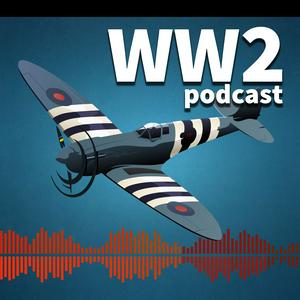Today, we are heading back to the Burma campaign, but through a slightly different lens. Rather than focusing on a single battle or operation, we examine three men who shaped how the war in Burma was fought and ultimately won.
When people think of British commanders in the Far East, one name usually stands out: Bill Slim. His leadership of the Fourteenth Army and the victories at Imphal, Kohima and the advance into Burma rightly secure his place among Britain's most successful wartime commanders. Claude Auchinleck is also well known, though more often for the Middle East than for his crucial role in India during the later war years.
But there is a third figure who is far less familiar, Reginald Savory. He was not a battlefield commander in the popular sense, but his influence on training, doctrine and the transformation of the Indian Army was profound. Without the changes he helped drive, the victories of 1944 and 1945 would have looked very different.
Today, I am joined by Alan Jefferys and Raymond Callahan, authors of Churchill's Forgotten Generals: Victors in Burma. In the book, they bring these three careers together, showing how Auchinleck, Slim and Savory were shaped by the Indian Army, how they learned from early defeat, and how their combined efforts turned Burma from disaster into success.
What makes this story so compelling is that it is not just about command at the front. It is about institutions, training, morale and the hard work of learning how to fight a modern jungle war.
patreon.com/ww2podcast


